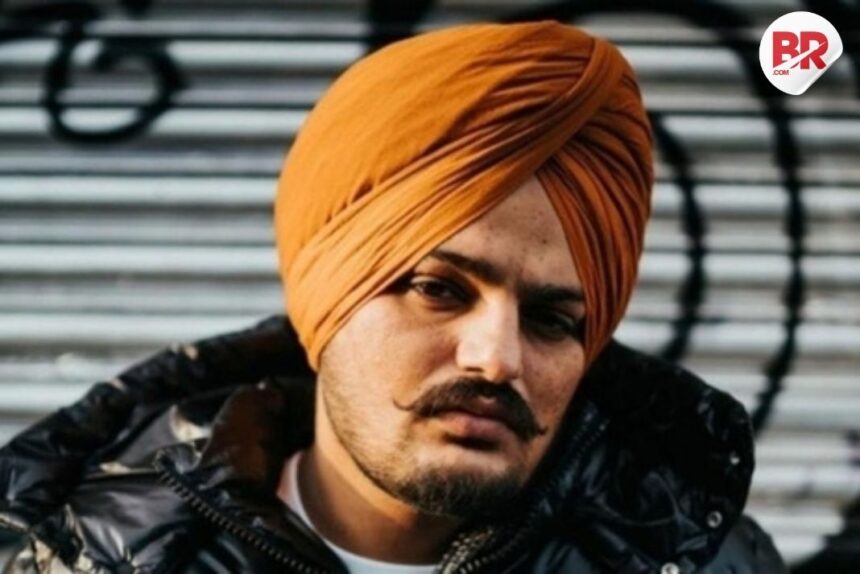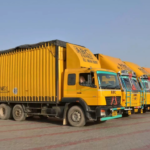
The BBC World Service has released a two-part documentary called ‘The Killing Call’ on YouTube. It focuses on the life and murder of popular Punjabi singer Sidhu Moosewala. However, the release happened despite legal objections from Moosewala’s father, Balkaur Singh.
Father Tried to Stop the Release
Balkaur Singh went to court in Mansa, Punjab, asking for the documentary to be blocked. He said the BBC made the film without the family’s permission and that it might affect the ongoing criminal investigation into his son’s murder. He also said it violated the family’s privacy.

Despite his request, the judge did not stop the release. The court has now scheduled a full hearing for June 12.
The BBC had originally planned to screen the documentary in Mumbai on June 11, Sidhu Moosewala’s birthday. But due to legal issues and growing controversy, the screening was canceled, and the BBC decided to upload it to YouTube instead.
What the Family Says
Balkaur Singh complained to the Maharashtra police and said the documentary used his son’s name, image, and story without asking the family. He also said people were invited to the screening with promises of sharing “unknown details” about Moosewala, which the family fears could damage his reputation.
What the Documentary Shows
The two episodes cover:
- Sidhu Moosewala’s early life
- His rise to fame and popularity
- The controversies he faced
- The events leading up to his murder in May 2022
The film includes interviews with Moosewala’s friends, journalists, and police officers. It also features an audio interview with Goldy Brar, a Canada-based gangster who claimed he ordered the murder.
The Murder of Sidhu Moosewala
Sidhu Moosewala, whose real name was Shubhdeep Singh Sidhu, was killed on May 29, 2022, in Mansa, Punjab. He was shot while traveling without his police security. Over 30 bullets were fired at him, and he died on the spot.
Goldy Brar, said to be connected to the Lawrence Bishnoi gang, took responsibility for the murder. He has been declared a terrorist by India’s National Investigation Agency (NIA). The case is still under investigation, and no one has been convicted yet.












